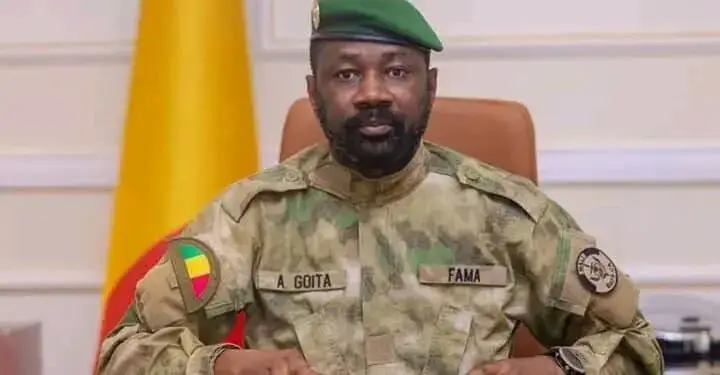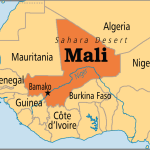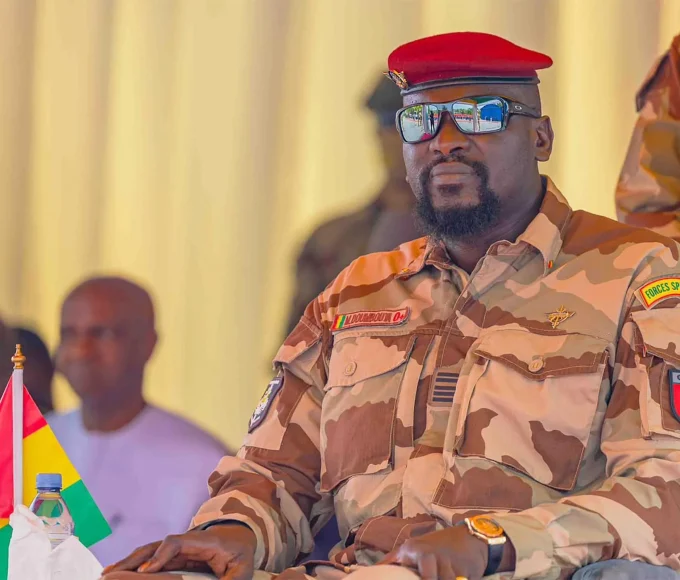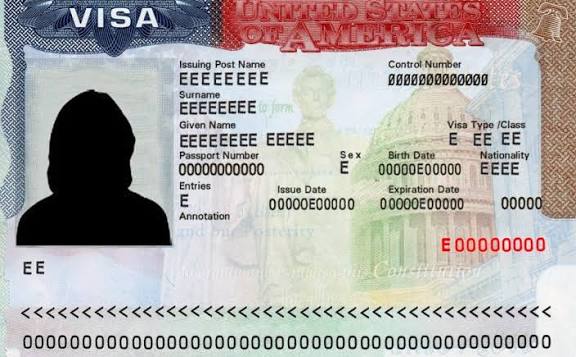
Like Burkina Faso, Mali Ratifies Treaty Formally Creating Confederation of Sahel States

Mali has officially ratified the treaty establishing the Confederation of Sahel States, solidifying its alliance with Burkina Faso and Niger to enhance defence, diplomacy, and development in the Sahel region.
The National Transitional Council (NTC) of Mali reached this historic milestone during a plenary session on November 1, 2024, unanimously adopting the law ratifying the treaty.
The treaty, initially signed on July 6, 2024, in Niamey, shows the deep aspirations of the Sahelian populations, as highlighted by Malian Minister of Foreign Affairs Abdoulaye Diop.
Built on three fundamental pillars: defence and security, diplomacy, and development, this embodies a comprehensive vision for regional cooperation.
General Assimi Goïta, President of the Malian Transition, has been entrusted with the inaugural presidency of the AES, emphasising Mali’s prominent role in this new regional configuration.
According to Malian authorities, this ratification aligns with the constitutional values of Mali, particularly its commitment to African integration. It marks the onset of a new era of strengthened cooperation among member states grounded in fraternity, solidarity, and friendship.
In September 2023, the leaders of Mali, Burkina Faso, and Niger signed the founding charter of the Alliance of Sahel States.
Subsequently, in January 2024, these nations withdrew from the Economic Community of West African States (ECOWAS), accusing the organisation of being influenced by foreign powers, particularly France—the creation of the Confederation during their first meeting in July 2024 further distances these countries from ECOWAS.
In response to this shift, ECOWAS has tasked Senegalese President Bassirou Diomaye Faye and Togolese President Faure Gnassingbé with engaging AES leaders in discussions to discourage their permanent departure from the organisation.
However, Burkina Faso’s National Assembly also approved constitutional amendments to facilitate the country’s entry into regional alliances like the AES.
Ivan Lochkarev, an expert from the Moscow State Institute of International Relations, views the AES as a promising alternative to Western-led regional integration institutions.
He criticised other African alliances, such as ECOWAS and the East African Community, for being mere replicas of Western models that fail to adapt to the dynamic needs of local populations.
Read More:
- AMAA 2024: Nigeria’s ‘The Weekend’ And South Africa’s ‘The Queenstown Kings’ Lead Wins
- Worsening Hardships Lead to 60% Decline in International Trips from Nigeria
- Court Overturns 2019 Non-Asset Declaration Conviction of Ex-CJN Following Settlement with FG
About The Author
Related Articles
Guinea Junta Leader Doumbouya Declared Winner of Presidential Election
Guinea’s military ruler, General Mamady Doumbouya, has been declared the winner of...
ByWest Africa WeeklyDecember 31, 2025Mali and Burkina Faso Impose Reciprocal Travel Curbs on U.S. Citizens
Mali and Burkina Faso have announced reciprocal travel restrictions on citizens of...
ByWest Africa WeeklyDecember 31, 2025Funke Akindele Extends Box Office Streak as New Film Hits ₦1bn
Nollywood actress and filmmaker Funke Akindele has set a new box office...
ByWest Africa WeeklyDecember 31, 2025The American Airstrike in Nigeria Wasn’t Just About Terrorism — It Exposed That Nigeria Is No Longer a Sovereign Nation
On Christmas Day, a foreign military bombed Nigerian soil, and Nigerians did...
ByWest Africa WeeklyDecember 26, 2025












Leave a comment